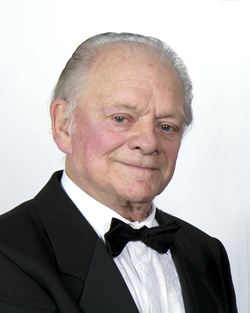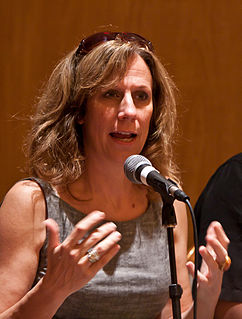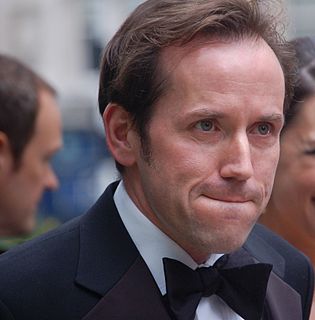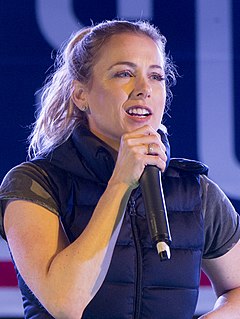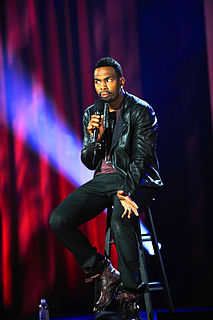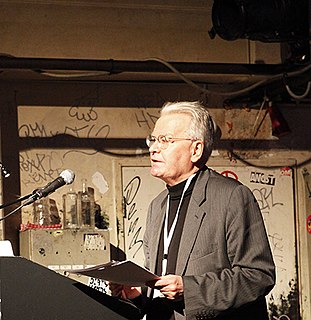A Quote by Dana Carvey
Monty Python never directly said, 'We're liberals' - they just did their sketches, and you had to figure it out. Generally, they were anti-establishment, of course, making fun of the people in power. I think, comedians, that's their job - pointing out what other people might not notice and going, 'Yoo-hoo, over here.'
Related Quotes
I did the Daily Show, and then I did Air America Radio, and I realized that I was lucky enough to have a job where I could get information to people. But those spaces weren't appropriate to then tell people what to do - they were corporate enterprises. My main job was to be funny, so I was trying to figure out, how can I combine all the things I love - comedy, feminism, calling out bullshit - into a creative space that other creative people would want to join in and help out?
Science was always a passion, but I also loved 'Monty Python' and 'The Young Ones,' and I discovered the Footlights comedy club at university, where a lot of those people got their start. I had a go and loved it immediately. After that, I just couldn't stop writing sketches, and it all took off from there.
The biggest fear that everybody has is dying. Not to get too meta on you, but I think every fear that people are trying to work out is really like I'm going to die and no one is going to care, and it doesn't matter because God might not exist. That's what people are trying to figure out. I wish we all had one fear so we could think about it together and figure out a solution, but we're all doing different things.
Now I don't care what people think. I did some internet campaign where I was the voice of a puppet for Ford Focus ads because they were paying me a lot of money to do it, it was a very easy gig, but then the bonus was, it turned out to be an enormous amount of fun. I've learned not to turn my nose up at things just because they're not what other people might consider cool to do. Because I've also matured enough to know, you never know where these things are going to lead, and you never know what the experience is going to be like.
I think it go serious in college when I found out I really enjoyed making people laugh. It makes me happy. I said, I wanna be a comedian, I wanna get good.' You're not good in the beginning. You're still trying to figure out what the things are that you are going to talk about, what your angle is going to be and there's a lot of trial and error. I just never gave up and that was the beginning of my career. Just experimenting, trying it out and falling in love with it.
Many businessmen fail to understand Python principles--the ultimate absurdity was an offer from America to buy the 'format' of the Python shows, that is, Monty Python without the Pythons--corporate methods do not have the conceptual framework to deal with an anarchist collective, run by intelligent and arrogant comedians who have proved that their method works.
My job is to cover the hell out of the story, very aggressively. The real place to be courageous if you're a news organization is where you put your people to cover the story. It's making sure that you have people going to Baghdad. It's making sure that you figure out how to cover the war in Afghanistan. While the journalist in me completely stands with them, the editor of the New York Times in me thinks my job is to figure out what the hell happened and cover the hell out of it, and that's more important than some symbolic drawing on the front page.
I knew Richard E. Grant, and I went to him and said "Would you like to [play Kafka in the film]?" and he said yeah, and then suddenly I had all these people who were happy to come along. We got a little bit of money from Scottish Screen to pay for it. I got so many favors because I knew people in the business. I was in a remarkably good position. I got so many favors from people. I got the Monty Python technical people.
I grew up in a bit of a vacuum. And as a kid, you see 'Monty Python's Flying Circus' and you're like, 'Oh, it's a cartoon.' There's mixed media. It's funny, and there's stop-motion. But as an adult, you figure it out, how the entire underpinnings of their comedy was poking fun at the rank and file of the British aristocracy and the monarchy.

